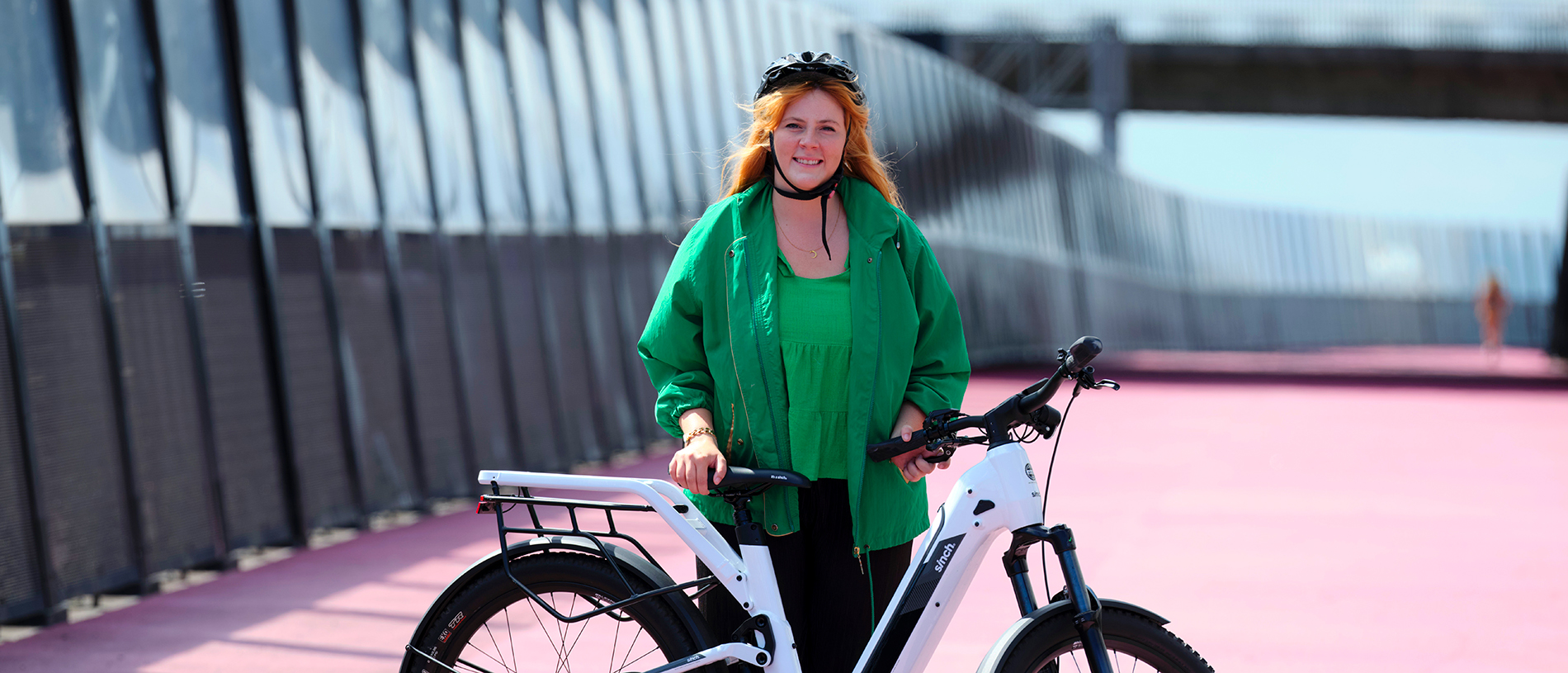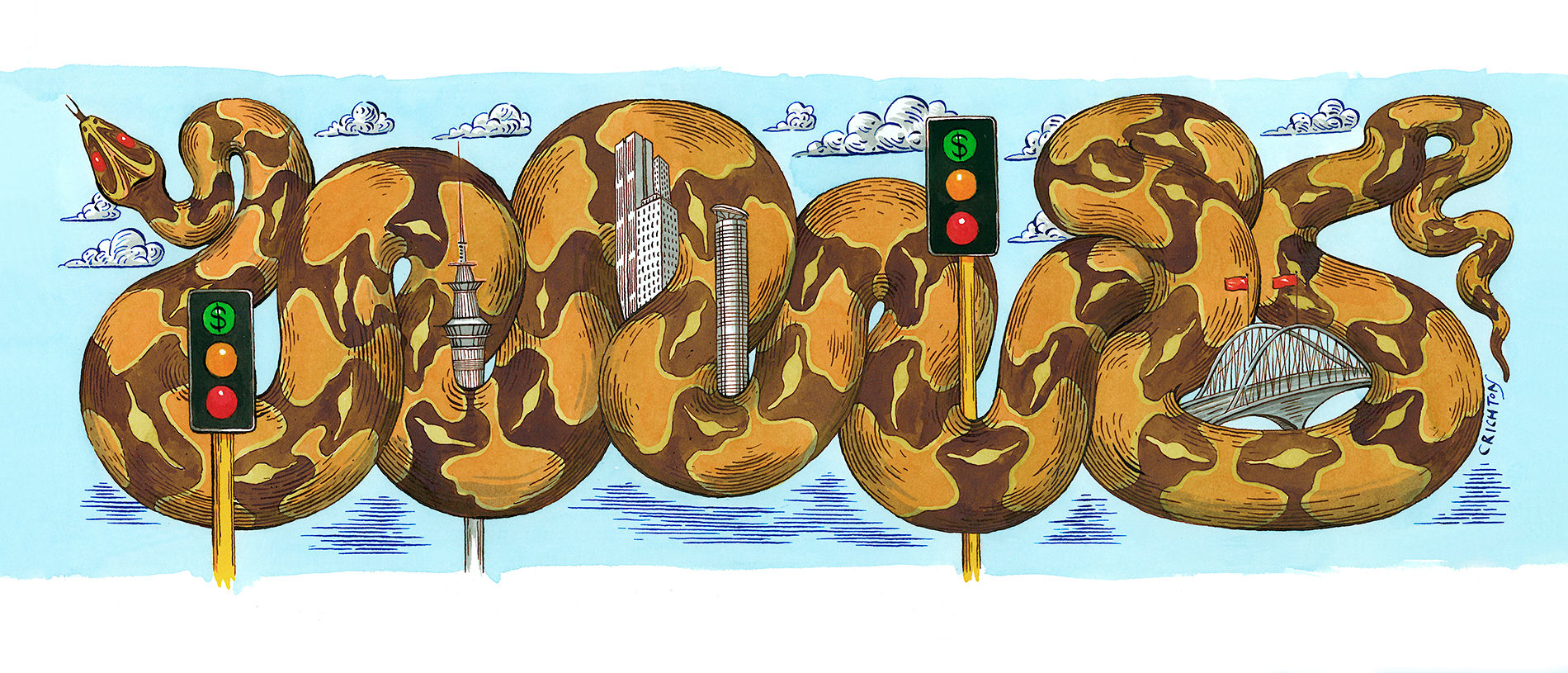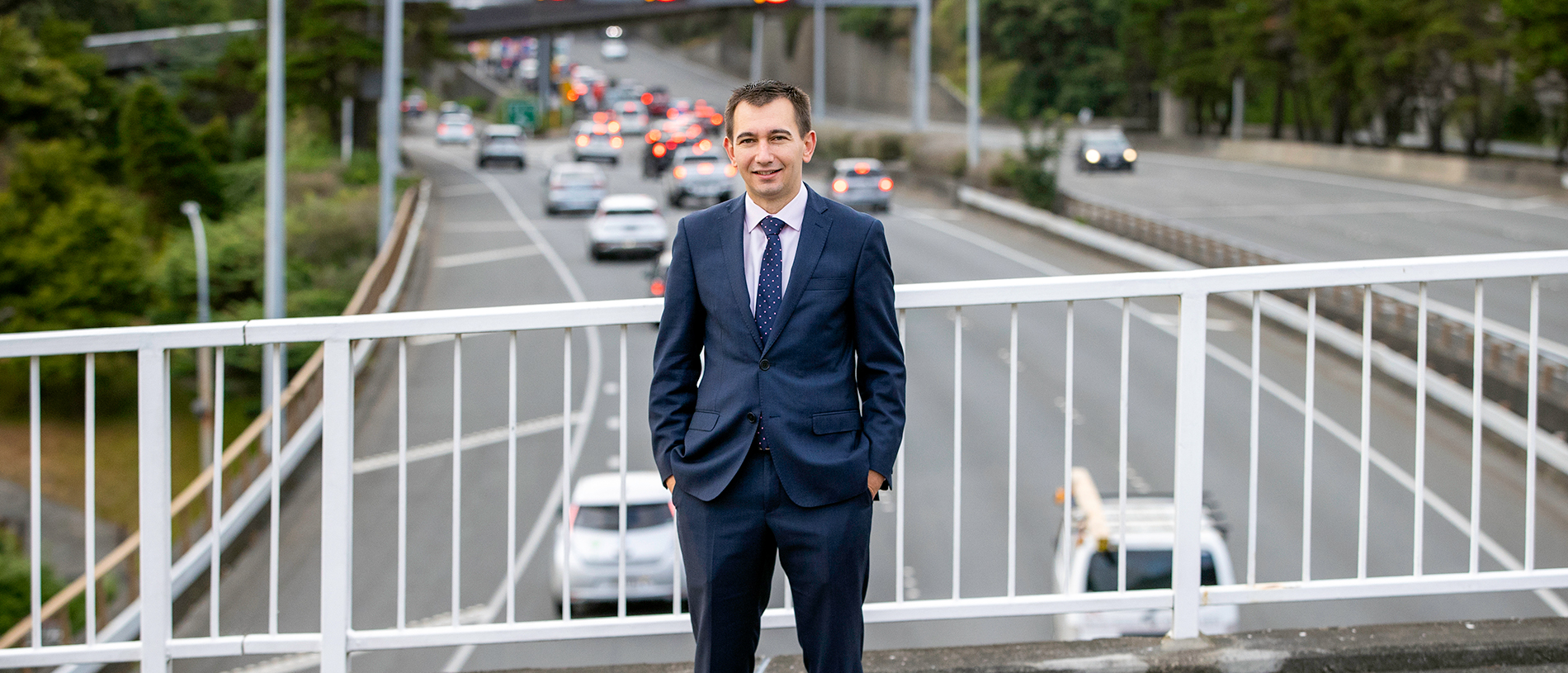The key is to get into professional driving mode as soon as you get in the car. Settle into the seat and take four deep breaths to ground yourself in the driving task. Wait to allow the engine to warm up or, if you are driving an EV, check the instruments and the cleanliness of windows. If you like to listen to music while driving, sort that out before you drive off.
Once you’re underway, don't expect politeness from other drivers. People can become quite isolated in a car and, with it, inconsiderate. Psychologists say that drivers can develop a sense of anonymity and detachment in the confines of their vehicles. In traffic conflict situations, keep in mind that one of the following most likely applies: The other driver is incompetent and there is little you can do to fix that. The other driver has simply made a mistake and we all make mistakes. Or the other driver is a bad, aggressive driver. If it’s the case that the other driver is simply bad, chances are they'll do the same to others and, sooner than later, they’ll be spotted by a police officer in an unmarked car.
Just remember, staying calm while driving helps keep you safe. That’s what counts.










